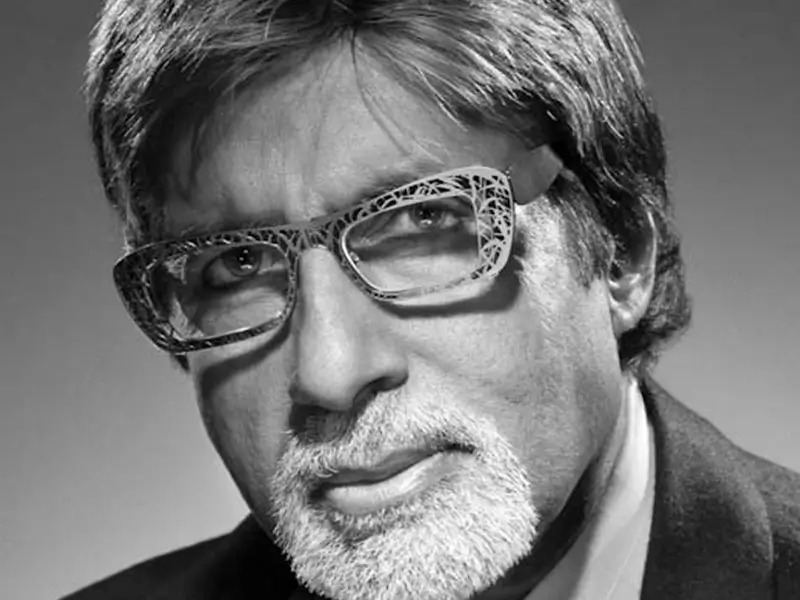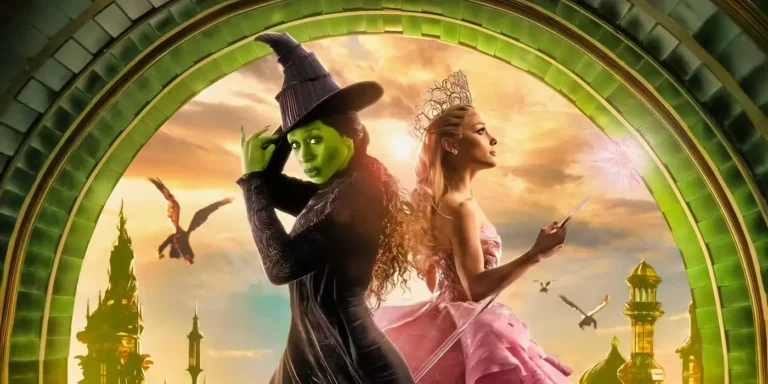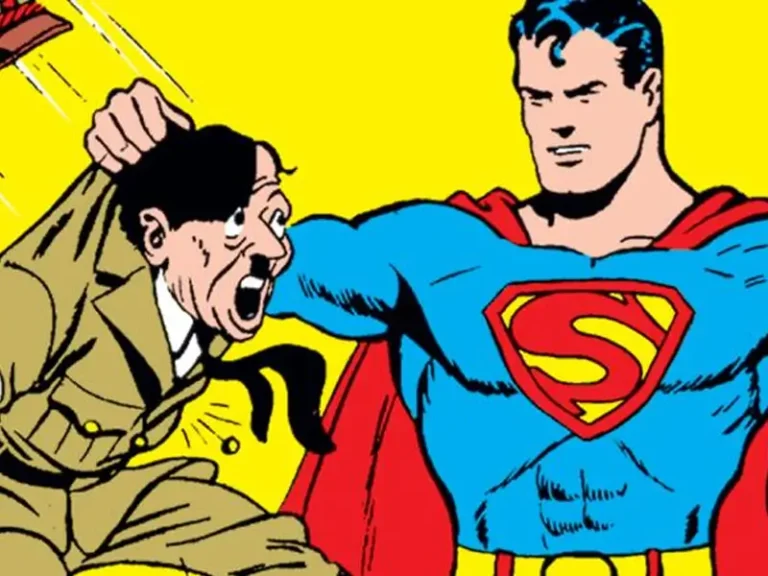There was a time in India when you couldn’t go anywhere without hearing Amitabh Bachchan’s name. Streets, homes, posters, gossip columns — he was everywhere. He wasn’t just a movie star. He was something larger. Something mythic. And maybe that’s why, when everything fell apart for him in the late ’90s, it shocked people so deeply.
It wasn’t just a rough patch. It was a full-blown disaster. His company — ABCL — was supposed to be this bold new chapter in Indian entertainment. But it collapsed. Hard. The numbers were staggering. Around ninety crore in debt. Over fifty legal cases. Imagine waking up and knowing that someone might knock on your door that day to seize your house. Because that’s exactly what happened. Even Pratiksha, the home he loved, wasn’t safe.
And the worst part? The silence. The same industry that once celebrated his every move suddenly had nothing to say. It’s a funny thing, fame. It fills up rooms when you’re doing well. But once the light dims, people vanish.
So what did he do?
Here’s what most people wouldn’t expect. He didn’t run. He didn’t disappear into some foreign country to “take a break” or hide. He walked up to someone who had once worked with him — Yash Chopra — and asked a simple question. “Can you give me work?”
Think about that for a second. This is Amitabh Bachchan we’re talking about. The man who once pulled in crowds like no one else in Indian cinema. Now asking for a role like a beginner. No entourage. No ego.
And Yash Chopra said yes. That role in Mohabbatein — it wasn’t just a role. It was a lifeline. A spark. Something to hold onto while everything else burned.
Around the same time, a quiz show was in the works. Kaun Banega Crorepati. Big gamble. A film actor — especially one of his age and stature — moving to television? That wasn’t normal back then. But Amitabh said yes.
Not because it was strategic. Not because it was fashionable. But because he needed it. Work meant money. And money meant he could begin to untangle the mess.
And somehow, almost quietly, something strange started happening. People watched. They liked what they saw. Not just because of nostalgia, but because he was good at it. His voice, his patience, the way he listened to contestants — it felt real. Like he wasn’t just hosting. He was being there with them.
From there, it wasn’t magic. It wasn’t an instant “comeback.” It was work. Slow, consistent, unspectacular work. Ad after ad. Film after film. TV episodes. Appearances. All while handling lawsuits, repaying debts, and repairing what was left of his public image.
Here’s something not many mention. He didn’t just clear his loans. He paid the interest too. That tells you what kind of man he was during the worst of it.
But beyond the money and fame, there’s a bigger lesson in all this. A kind of quiet truth.
Amitabh didn’t bounce back because of some lucky break. And it wasn’t because of his degrees or background. He bounced back because he had something nobody could take — his skill.
That’s the thing people often miss. We live in a world where degrees are worshipped. Parents push their kids toward engineering, law, or medicine — not because the child is passionate, but because the certificate is seen as a shield. But life doesn’t care much for paper.
You can lose your job. Your money. Your title. But if you’ve got a skill — something real, something you’ve honed — you’re never truly cornered.
That’s what Amitabh had. And that’s what pulled him out.
He also made peace with aging. He didn’t fight it. He chose roles that matched his phase in life — Baghban, Black, Paa, Pink. He stopped trying to be young and started showing us what it means to grow. With class.
Even today, he stays active. Blogs. Social media. Campaigns. Commercials. He talks to younger generations like a bridge between two worlds. Most stars his age are long gone from public view. But he’s still here. Still learning. Still working.
And maybe that’s what makes his story powerful. It’s not a comeback. It’s not a miracle. It’s a reminder.
That no matter how far you fall, you’re not done — unless you decide you are.
This article is written by Raza Zahur Khan for Wiz Fact.
If this article made you think—bookmark Wiz Fact.
We’re just getting started.
Smart, rebellious ideas are what we do here. Soon, we’ll launch our newsletter too—so these insights can fly straight to your inbox. No fluff. Just facts worth knowing.








